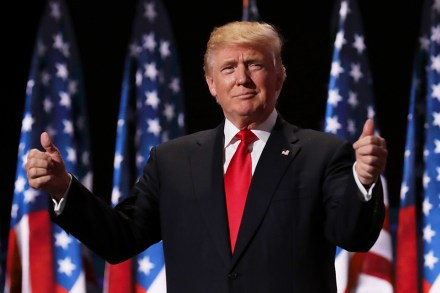What St Augustine could teach Donald Trump
Two attacks in local villages, leaving 17 dead in one and eight in another, says my teacher friend from Kaduna State in Nigeria in one of his latest letters. He writes regularly about the threats that he and his family and students face from Islamist militias. But what stays in my mind, apart from the horror of the details, is his steadfast refusal to demonise his Muslim neighbours and his eagerness to find resources to think (and pray) through what he needs to do and to communicate. He wants to learn what it is that stops cycles of retribution; he wants to break out of the mentality which assumes that





















